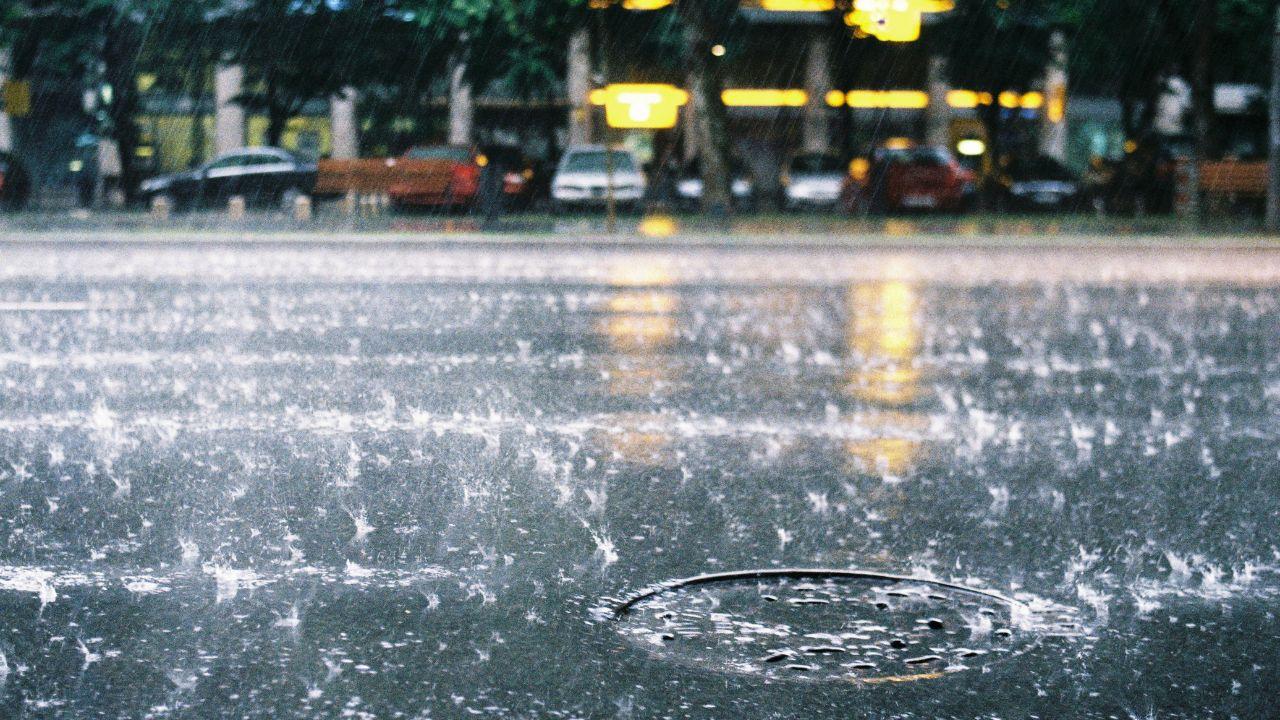The city and suburbs on Saturday are expected to experience generally cloudy skies with possible thunderstorms, moderate rainfall, and gusty winds, according to the India Meteorological Department (IMD).
Maximum and minimum temperatures are likely to hover around 33 degrees Celsius and 24 degrees Celsius
The IMD has issued a yellow alert for Mumbai, Thane, and Palghar.
Thane and Palghar may witness thunderstorms with lightning, heavy rainfall, and gusty winds of 30–40 kmph at isolated locations, while Mumbai is expected to see thunderstorms with lightning, moderate rainfall, and gusty winds of 40–50 kmph in isolated areas.
Mumbai continues to receive moderate rainfall despite monsoon withdrawal
Even though the South West monsoon withdrew from Mumbai on October 10 this year, Mumbai has been experiencing moderate rainfall throughout the week, since Monday evening. On October 20, heavy rain was reported in the Mumbai Metropolitan Region (MMR) — in Navi Mumbai, Thane, and Kalyan-Dombivli. Parts of Mumbai, including Churchgate, Dadar, Goregaon, Borivli, Chembur, Vikhroli, and Mulund, reported moderate rainfall. The rain has been attributed to troughing in easterly winds across Maharashtra in the lower levels, causing moisture incursion. Higher temperatures have favoured thunderstorm development and rainfall over interior Maharashtra and the Konkan.
Rainfall effect
Mumbai on Friday reported an AQI (Air Quality Index) of 160. Saturday’s forecast has pegged Mumbai`s AQI to be at 155, slightly lower than the AQI reported in the city throughout the week, between 160 and 171. On Friday, only three weather stations reported air quality above 250 — Deonar, Colaba, and Bandra Kurla Complex (BKC).
At the peak of Diwali, Mumbai was reported to be the second most polluted city in the world, according to IQAir, which computes AQI from 126 countries across the world.
Just before Diwali, Mumbai had ranked much better, being the sixth most polluted city. However, on Friday, Mumbai’s position improved significantly in comparison to earlier this week, to the 10th rank across 126 cities, with AQI at 115, in comparison to 171 last week.
Experts have attributed the improved air quality to the unseasonal rainfall, which has proved as a saving grace for the city.
Sumaira Abdulali, from Awaaz Foundation, said, “Rain and wind are among the only natural factors that can improve the air quality in the city. While the bursting of firecrackers this festival season seriously raised the pollution levels in the city, rain has contributed to an improvement, as dust particles settle due to water from rainfall.”
Oct 10
Day South West monsoon withdrew from Mumbai











